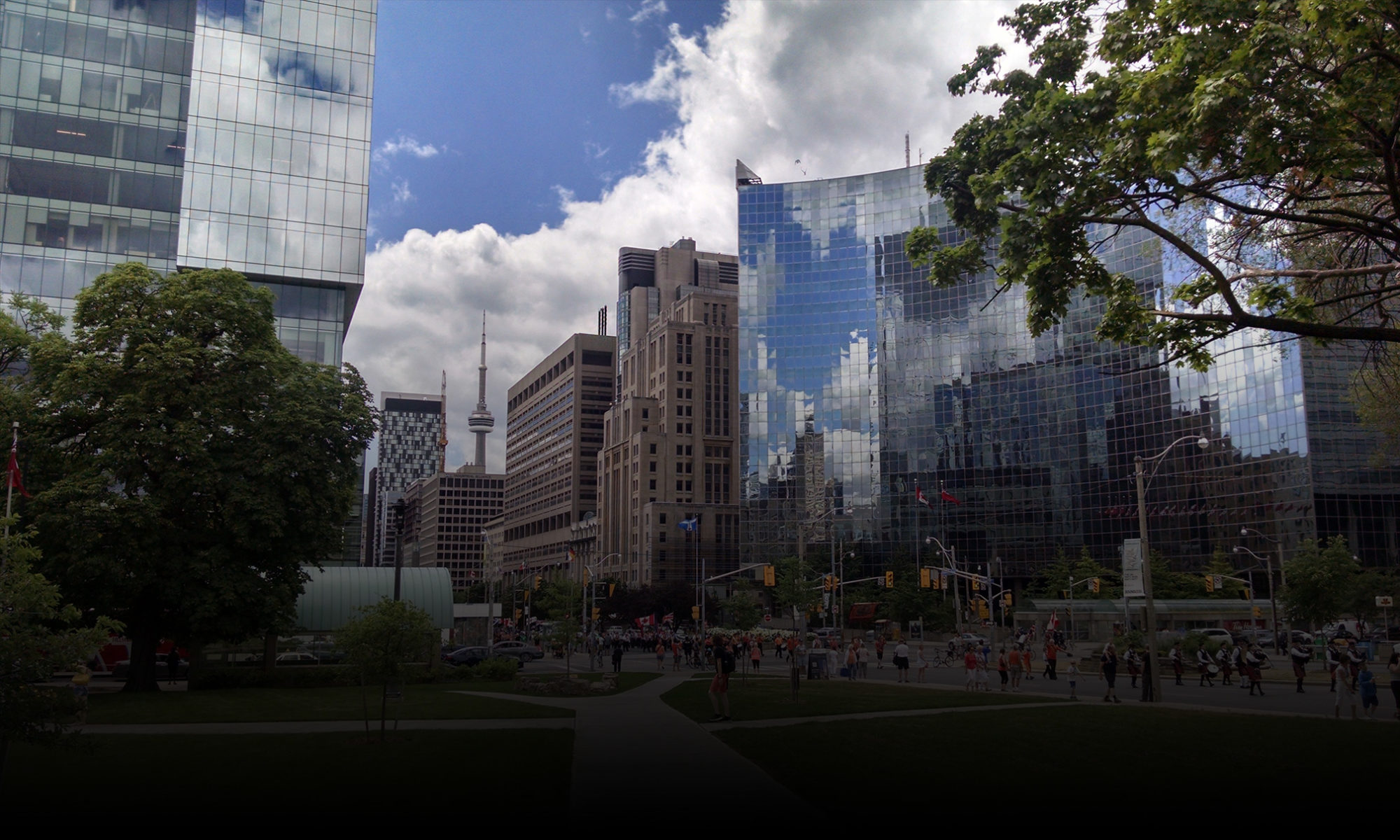 Inaction is not the Same as Voting NO
Inaction is not the Same as Voting NO
“Waa! Waa! I’m taking my ball and I’m going home. I don’t want to play anymore.” Sounds pretty childish right?
This same childish behavior manifests itself in adulthood, too. It permeates board rooms, teams of all shapes and sizes, nonprofits, for-profits and government alike. You might reflect on the bickering and inaction of the U.S. Congress or ministers and members of Parliament.
It is as though we all want line-item veto and full compliance with
our will and our wants. If we don’t get it then we take our ball and
leave the playground. We mentally vacate. In essence, we are
willing to watch the proverbial glass fall off the counter. We don’t
reach for it in an attempt to save it. And, when it crashes we look
away as others pick up the broken pieces. This is actually worse
than the bystander effect.
 Each of us might think that merely being a passive spectator is not the same egregious action of literally pushing the glass off the counter. You might hear yourself saying, “I didn’t push it. I was merely observing.” Yeah, but you didn’t help it either. Actually, your actions, or inaction rather, might possibly have accelerated its crashing descent. In the eyes of a courtroom, you might be found guilty of complicity. In the eyes of humanity, though, you are guilty of something far worse. You may be put in an increasingly irrelevant category of the parasitic do-nothing.
Each of us might think that merely being a passive spectator is not the same egregious action of literally pushing the glass off the counter. You might hear yourself saying, “I didn’t push it. I was merely observing.” Yeah, but you didn’t help it either. Actually, your actions, or inaction rather, might possibly have accelerated its crashing descent. In the eyes of a courtroom, you might be found guilty of complicity. In the eyes of humanity, though, you are guilty of something far worse. You may be put in an increasingly irrelevant category of the parasitic do-nothing.
Just like the child that doesn’t get their way, in adulthood you’ll not
get your way most of the time, either. Part of being a good citizen,
neighbor, leader, follower, team member, etc., is moving forward
 together even when you don’t necessarily agree on every nuance. That is called progress. The annuals of human civilization and social progress are marked with such moments of acceptable discomfort. You can either actively participate or apathetically resign yourself, letting others define your future. Your inaction is not the same as your active voice, saying yes or no.
together even when you don’t necessarily agree on every nuance. That is called progress. The annuals of human civilization and social progress are marked with such moments of acceptable discomfort. You can either actively participate or apathetically resign yourself, letting others define your future. Your inaction is not the same as your active voice, saying yes or no.
So, get out of your easy chair and get behind something that matters. Whether it is in your neighborhood, school, work, nonprofit, local election or national election. And, if you disagree, actually take a stand and vote no. Don’t be the do-nothing. We all have the potential to do better, as individuals, organizations, and our collective community. There are already enough broken glasses everywhere you look. Rather than adding more, let’s save them, and then let’s work together to fill them.
About the Author
Gregory Olson is the author of The Experience Design Blueprint, a book about designing better experiences and then making them come true. Exercises and mental models in the book will build your confidence and competence in envisioning better possibilities and then making them come true, whether you are working alone or alongside a team. Chapters in the book that especially pertain to this post include:
- Chapter 1: What Makes and Experience?
- Chapter 6: Aiming for Remarkable, Unbroken, and Generous Design
- Chapter 7: Improving the Journey
- Chapter 9: The Neighborhood
- Chapter 11: Barriers to Innovation and Overcoming the Wall
His latest book is L’ impossi preneurs: A Hopeful Journey Through Tomorrow, a light-hearted and deadly serious book about a brighter future where we live more meaningful lives, governments invest in people and sustainable progress, and technology serves humans.
 Gregory Olson founded strategy and design firm Delightability, LLC. with the belief that if you delight customers then success will follow. He believes that we all have the potential to do better, as individuals, organizations, and communities, but sometimes we need a little help. Gregory also serves as a volunteer board member for Oikocredit Northwest, a support association for social investor and financial institution, Oikocredit International.
Gregory Olson founded strategy and design firm Delightability, LLC. with the belief that if you delight customers then success will follow. He believes that we all have the potential to do better, as individuals, organizations, and communities, but sometimes we need a little help. Gregory also serves as a volunteer board member for Oikocredit Northwest, a support association for social investor and financial institution, Oikocredit International.

